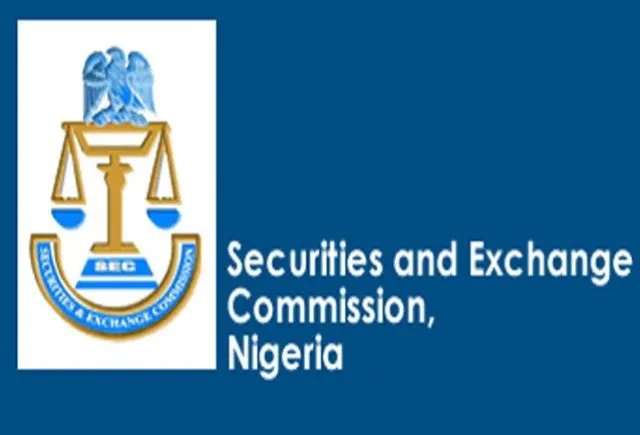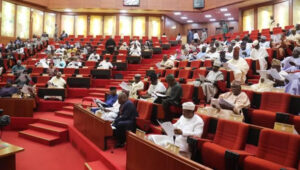
The Senate has passed the Investments and Securities Bill (ISB) 2024, a landmark legislation aimed at revitalising Nigeria’s capital market and boosting investor confidence.
The bill, which seeks to repeal the Securities and Exchange Commission (SEC) Act, scaled its third reading recently, marking a significant milestone for the nation’s financial sector.
The ISB 2024 introduces comprehensive reforms, establishing modern regulatory frameworks to address systemic risks, enhance market transparency, and safeguard investor interests. It also aims to attract foreign investments by aligning Nigeria’s capital market regulations with global standards.
During the process of consideration, Chief Whip, Senate Tahir Monguno, emphasised the bill’s role in safeguarding investors and curbing fraudulent activities in the capital market. He noted that the ISB would provide robust protection mechanisms, ensuring fair and transparent market operations.
Leading the debate, Senator Osita Izunaso, Chairman of the Senate Committee on Capital Market, highlighted the transformative potential of the bill. “The ISB 2024 seeks to repeal the Investments and Securities Act 2007, replacing it with a regulatory framework capable of driving capital formation, managing systemic risks, and preventing illegal market practices such as Ponzi schemes and insider trading,” he stated.

Sen. Izunaso elaborated that the bill is designed to align with international best practices, strengthen the SEC’s role as the apex market regulator, and foster economic transformation. He stated: “This legislation will protect the integrity of the market against abuse while enhancing its competitiveness on a global scale.”
The ISB introduces stiffer penalties for operators of Ponzi and pyramid schemes, a growing menace in Nigeria’s financial landscape. Mr. Emomotimi Agama, Director- General of SEC, explained that under the new law, perpetrators could face fines of up to ₦20 million, 10 years in prison, or both.
“This bill explicitly prohibits Ponzi and pyramid schemes, ensuring that Nigerian investors are shielded from fraudulent fund managers,” he said. He stated that the reforms would boost Nigeria’s global standing in capital market regulation.
A key amendment in the ISB 2024 is the expansion of the Investor Protection Fund (IPF), which will now cover losses associated with the deregistration of brokerage firms. Previously, the fund only addressed losses resulting from bankruptcy or negligence.
“This amendment ensures that investors have recourse in a broader range of situations, reflecting the evolving needs of the capital market,” said Mr. Agama.
The ISB also introduces regulatory frameworks for Commodity Exchanges and Warehouse Receipts, paving the way for the growth of Nigeria’s commodities sector. These frameworks are expected to improve market infrastructure and enhance the country’s position as a key player in global commodity trading.
Senate President Godswill Akpabio expressed optimism about the bill’s impact on the market. “This legislation minimises risks and will encourage more Nigerians and foreign investors to infuse funds into the capital market,” he said.
The ISB 2024 now awaits further legislative actions and eventual enactment, signaling a brighter future for Nigeria’s capital market and economic diversification efforts.
Discover more from Astudity Limited
Subscribe to get the latest posts sent to your email.